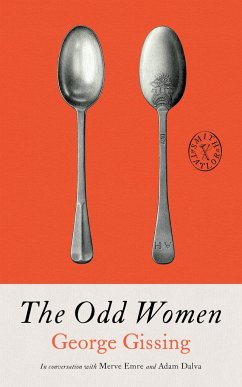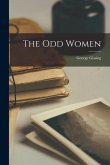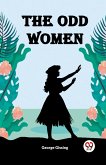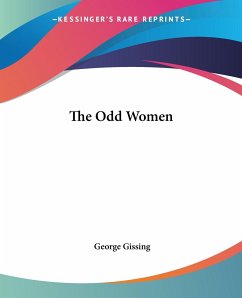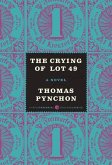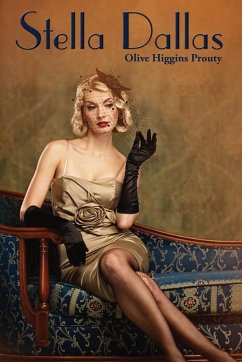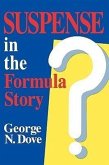When their father’s death leaves them with no money and a dim future, the Madden sisters, Alice, Virginia, and Monica, must negotiate the gender roles and class constraints of 1890s Victorian London. Virginia and Alice have aged out of the possibility of marriage and seemingly the idea of love itself. They find themselves with few prospects and little hope. Remaindered in the marriage equation, these “odd women” face a great deal of scrutiny, stigma, and social pressure—it’s at this time that Rhoda Nunn, childhood friend to the Madden sisters, arrives in London to challenge accepted norms and mores around the role of women in society. Rhoda’s strong feminist passion draws a sharp contrast to the middle-class respectability of the Madden sisters’ upbring, as the sisters watch a new world emerge around them. Hailed as a prescient and boldly political novel of the early feminist movement, Gissing’s The Odd Women captures the absurdity, brutality, and even comedy of Victorian attitudes around the brilliant women who dared to be odd by conceiving of their role in society beyond their value as wives.
Hinweis: Dieser Artikel kann nur an eine deutsche Lieferadresse ausgeliefert werden.
Hinweis: Dieser Artikel kann nur an eine deutsche Lieferadresse ausgeliefert werden.

